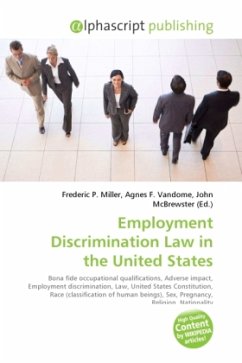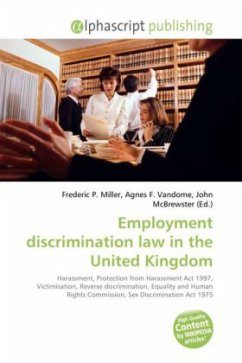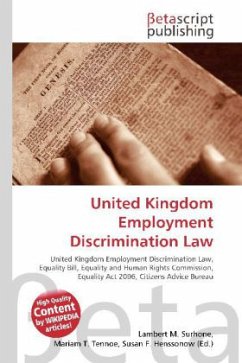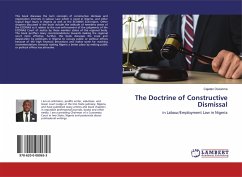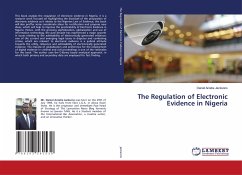In the United States, employment discrimination is prohibited by a collection of state and federal laws, as well as by ordinances of counties and municipalities. Only discrimination based on certain characteristics (protected categories) is illegal. The United States Constitution prohibits discrimination by federal and state governments. Discrimination in the private sector is not directly constrained by the Constitution, but has become subject to a growing body of federal and state law. Federal law prohibits discrimination in a number of departments, including recruiting, hiring, job evaluations, promotion policies, training, compensation and disciplinary action. State laws often extend protection to additional categories or employers. Under Federal law, employers generally cannot discriminate against employees on the basis of: Race, cal or mental, including HIV status), Age (for workers over 40), Military service or affiliation, Anticipated deployment with the Reserves or National Guard, Bankruptcy or bad debts, Genetic information, Citizenship status (for citizens, permanent residents, temporary residents, refugees, and asylees)
Bitte wählen Sie Ihr Anliegen aus.
Rechnungen
Retourenschein anfordern
Bestellstatus
Storno

